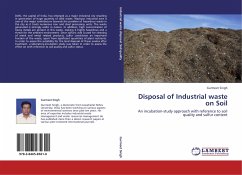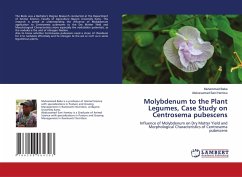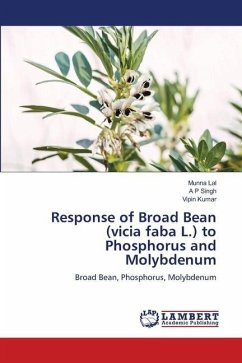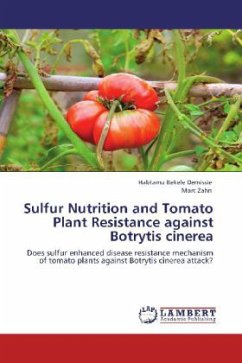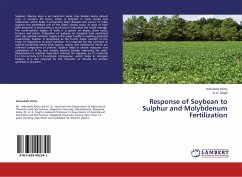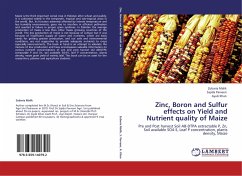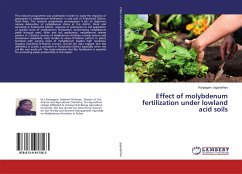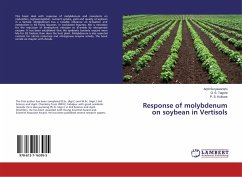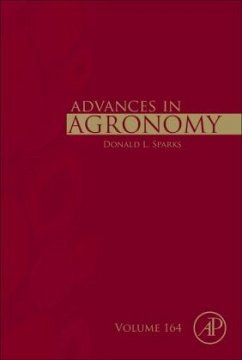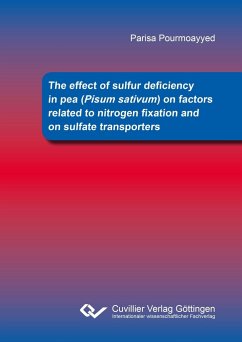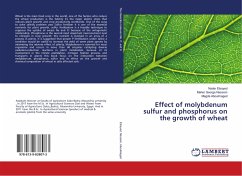
Effect of molybdenum sulfur and phosphorus on the growth of wheat
Versandkostenfrei!
Versandfertig in 6-10 Tagen
33,99 €
inkl. MwSt.

PAYBACK Punkte
17 °P sammeln!
Wheat is the main food crop in the world, one of the factors who reduce the wheat production is the Salinity it's the major abiotic stress that reduces plant growth and crop productivity worldwide. One of the ways to solve salinity problem uses Sulfur fertilizer it is one of the essential nutrients for plant growth, sulfur fertilization is a feasible technique to suppress the uptake of excess Na and CI because of the antagonistic relationship. Phosphorus is the second most important macronutrient next to nitrogen in crop growth; this nutrient is involved in an array of a process in plants. It ...
Wheat is the main food crop in the world, one of the factors who reduce the wheat production is the Salinity it's the major abiotic stress that reduces plant growth and crop productivity worldwide. One of the ways to solve salinity problem uses Sulfur fertilizer it is one of the essential nutrients for plant growth, sulfur fertilization is a feasible technique to suppress the uptake of excess Na and CI because of the antagonistic relationship. Phosphorus is the second most important macronutrient next to nitrogen in crop growth; this nutrient is involved in an array of a process in plants. It is suggested that proper P fertilization under saline a condition would be useful to increase the yield of some plant species by minimizing the adverse effect of salinity. Molybdenum is essential for most organisms and occurs in more than 60 enzymes catalyzing diverse oxidation-reduction reactions in plant metabolism, because of its involvement in the nitrate assimilation, nitrogen fixation process, and transports in plants this book focus on the interaction between molybdenum, phosphorus, sulfur and its effect on the growth and chemical composition of wheat in salts affected soils.



